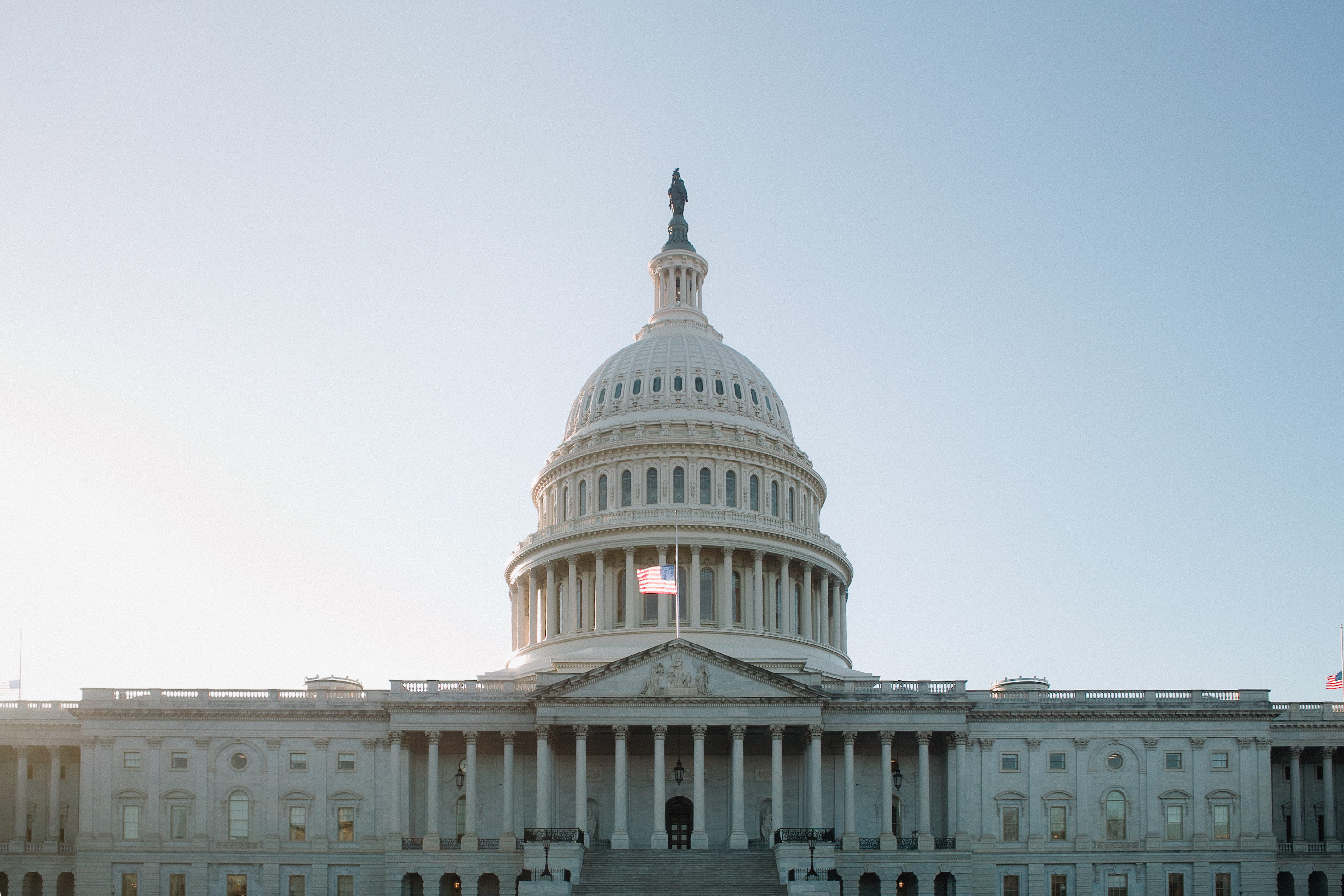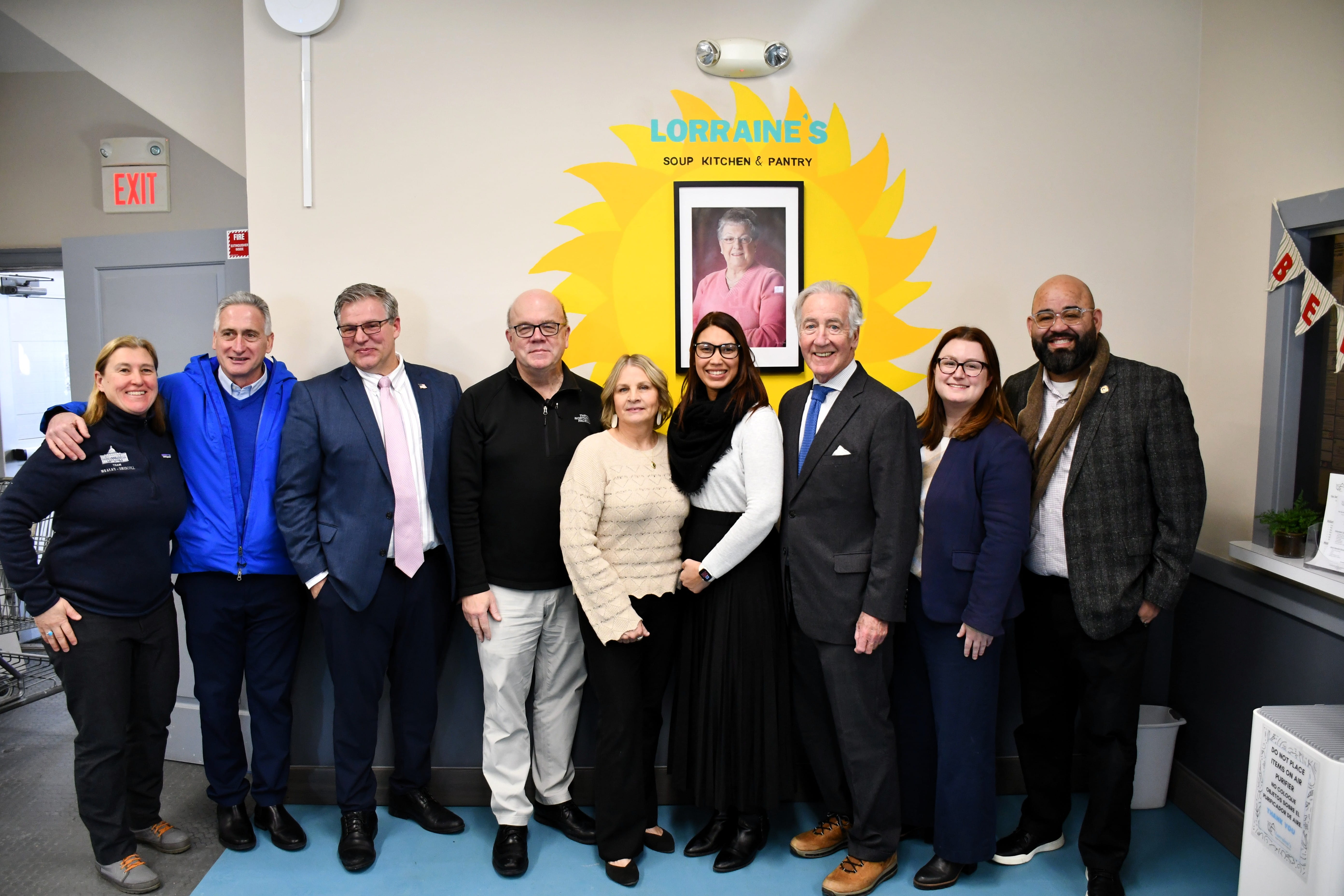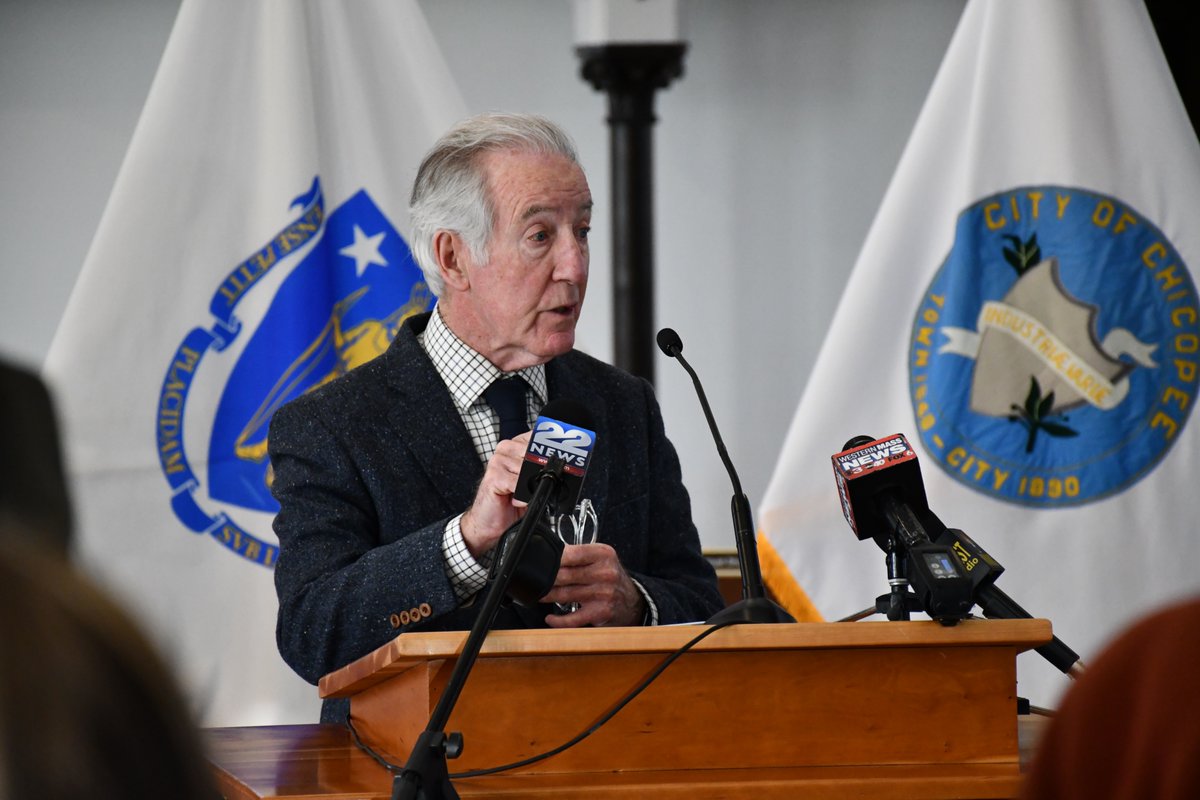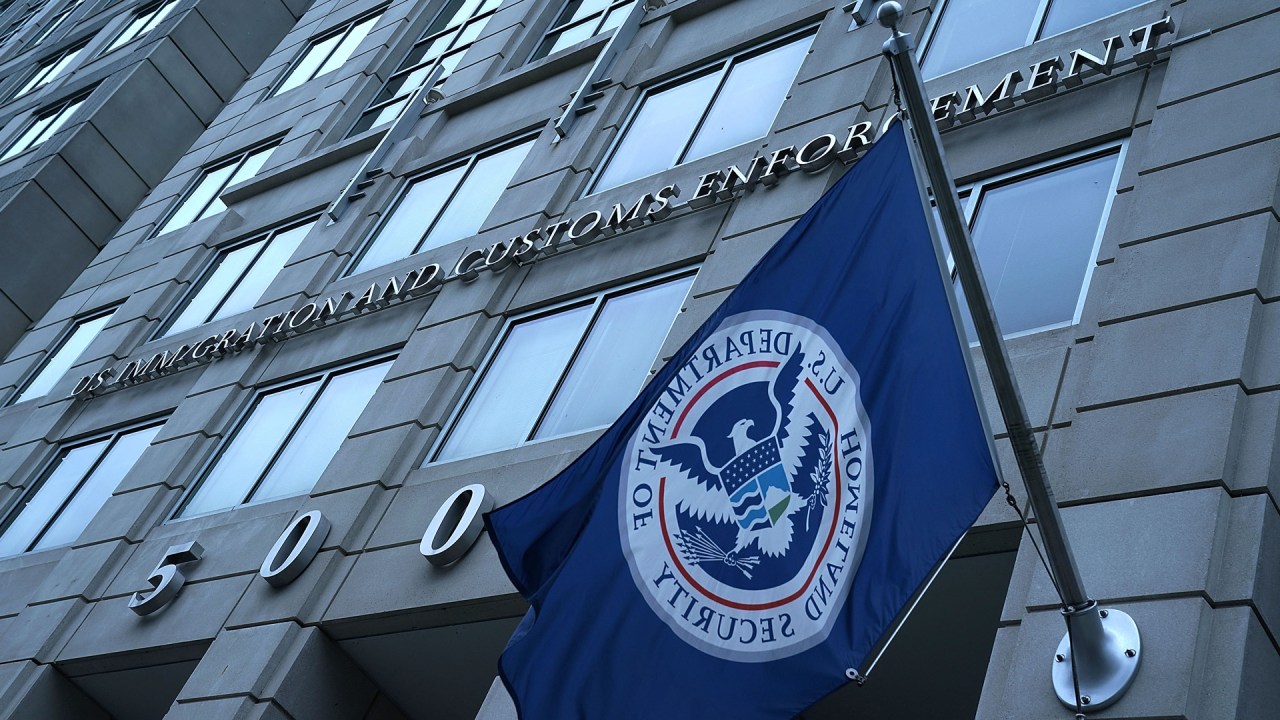South Hadley
South Hadley, MA – Today, U.S. Representative Richard E. Neal announced that the U.S. Department of Health and Human Services (HHS) awarded a total of $452,759 in grant funding to Mount Holyoke College. This grant, specifically from the National Institute of General Medical Sciences (NIGMS), in conjunction with HHS, will be used to conduct research on campus.
NIGMS offers grant funding to stimulate research at educational institutions that provide training for a significant number of the nation’s research scientists. The award provides funding for small-scale, new or ongoing health-related research projects.
“Massachusetts has consistently lead the way in the medical research field,” said Representative Neal. “It is encouraging to see this new wave of scientists and researchers getting their start right here at Mount Holyoke College.”
Professor Andrea Foulkes, chair of the mathematics and statistics department, was the driving force behind the grant application.
“I am so delighted to have been awarded this grant to develop statistical methods for analyzing huge datasets,” said Foulkes. “This could have an enormous impact on public health. For example, by examining how the body responds to immune activation, we may be able to develop new ways of understanding the genetic basis of cardiometabolic diseases and complex inflammatory disorders, both of which present major public health concerns.”
Jon Western, vice president of academic affairs and dean of faculty for Mount Holyoke, noted that the grant exemplifies the commitment of the College’s faculty to solving greater problems in the world through applying their research in innovative ways.
“Professor Foulkes is an outstanding scholar and teacher and we are thrilled to see her research supported by NIGMS,” he said. “Continuing in the long-standing tradition of Mount Holyoke faculty applying their research to address significant challenges, she is pioneering new and innovative statistical modeling and data science techniques that will help us better understand some of the most vexing public health problems. We are excited to see where this research will lead.”
##




